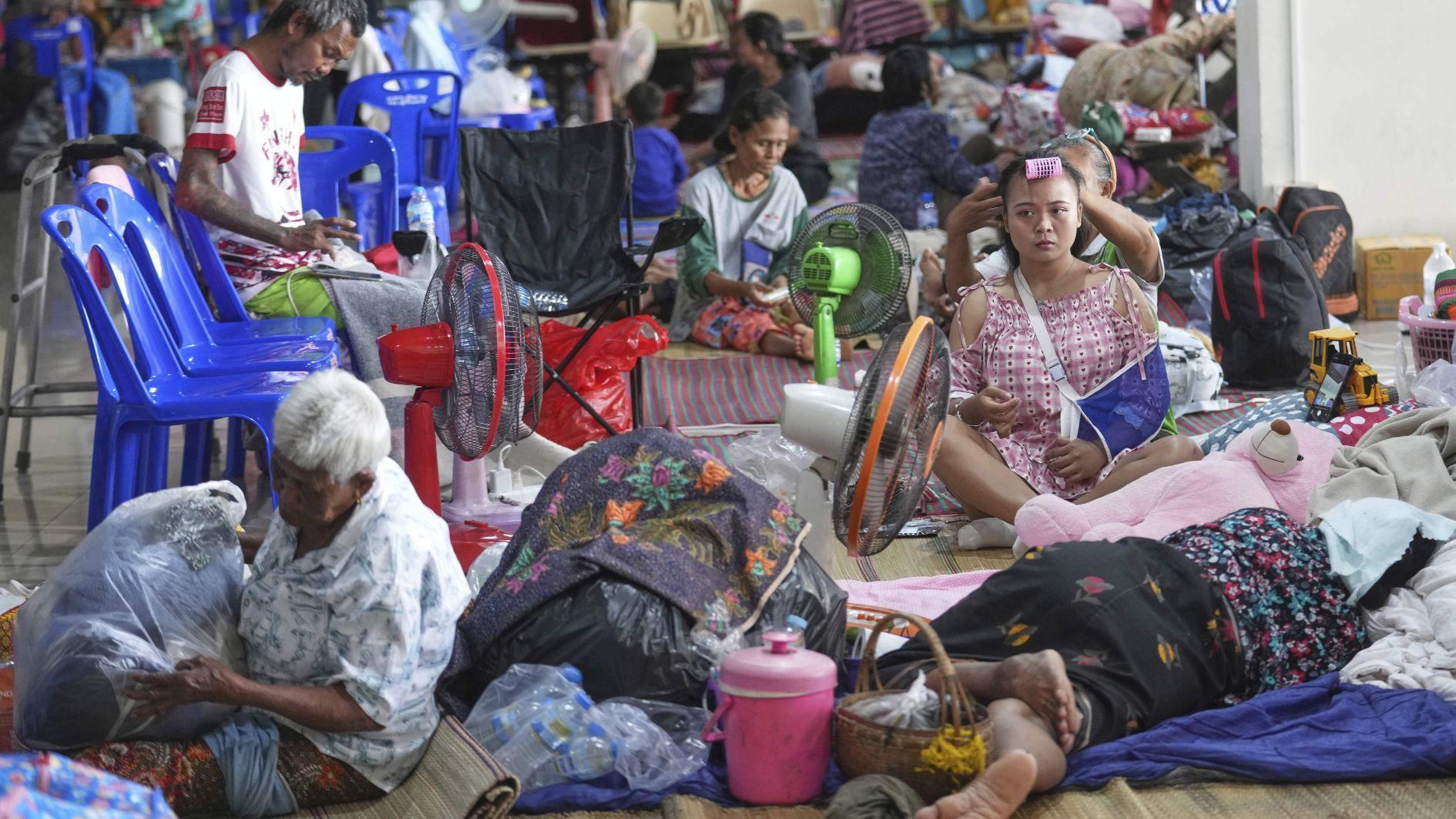
Thailand and Cambodia clashed for a fourth day on Sunday, despite both sides saying they were ready to discuss a ceasefire after a late-night intervention by U.S. President Donald Trump.
The Southeast Asian neighbors, popular destinations for millions of foreign tourists, have been locked in their bloodiest conflict in years over their disputed border, with at least 34 people confirmed killed and more than 200,000 displaced.
Both sides said they were willing to start talks to end the fighting, after Trump spoke to their prime ministers late on July 26 and said they had agreed to meet and "quickly work out" a ceasefire.
Trump has threatened both nations with eye-watering levies in his global tariff blitz unless they agree independent trade deals.
"When all is done, and Peace is at hand, I look forward to concluding our Trading Agreements with both!" he wrote on his Truth Social platform.
But fresh artillery clashes erupted yesterday morning near two long-contested ancient temples in the frontier region between northern Cambodia and northeast Thailand that has seen the bulk of the fighting.
Cambodian Defense Ministry spokeswoman Maly Socheata said Thai forces began attacking areas around the temples at 4:50 a.m.
The regular thump of artillery rattled windows in the Cambodian town of Samraong, around 20 kilometers from the front line, AFP journalists said.
Thai army deputy spokesman Ritcha Suksuwanon said Cambodian forces began firing artillery around 4 a.m. as the two sides battled for control of strategic positions.
As the conflict enflames nationalist sentiments, Thailand issued a warning to its own citizens to "refrain from any kind of violence, whether in speech or action" against Cambodian migrants living in the country.
Cambodian Prime Minister Hun Manet yesterday said his country "agreed with the proposal for an immediate and unconditional ceasefire between the two armed forces."
He said his Foreign Minister Prak Sokhonn will speak with U.S. Secretary of State Marco Rubio to coordinate with the Thais, but warned Bangkok against reneging on any agreement.
After Trump's call, Thailand's acting Prime Minister Phumtham Wechayachai said he had agreed in principle to enter a ceasefire and start talks "as soon as possible."
While both sides have expressed a desire for talks to end the crisis, neither has so far been willing to back down. Yesterday, they again each blamed the other for undermining peace efforts.
The Thai Foreign Ministry also accused Cambodian forces of firing shells into civilian homes in Surin province.
"Any cessation of hostilities cannot be reached while Cambodia is severely lacking in good faith," the foreign ministry said in a statement.
From the Cambodian side, Defense Ministry spokeswoman Maly Socheata issued a statement denying that its forces fired first and accusing Thailand of "deliberate and coordinated acts of aggression."